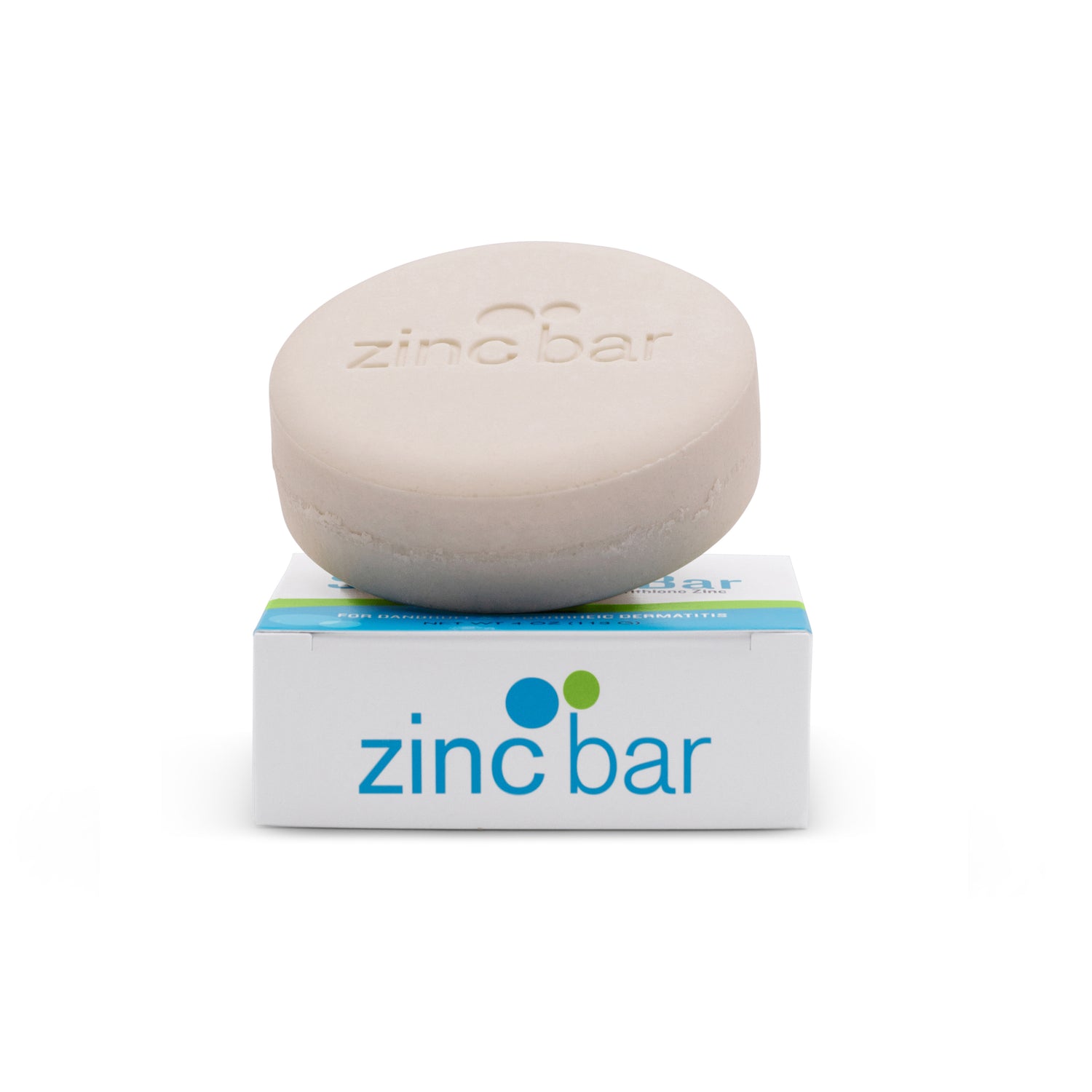Your Liver and Psoriasis
The liver is one of the hardest working organs in our bodies, yet people generally don't give it much thought until it's not working correctly. You may already be familiar with the adverse effect that alcohol can have on the liver, but did you know that many foods common in our modern diets can also negatively impact its health? Many researchers believe that toxicity in the body may cause, or at the very least increase the frequency of psoriasis outbreaks. Dr. John Pagano, a leading holistic psoriasis researcher, strongly believes that an unhealthy liver plays an active role in the development and recurrence of psoriasis. In his book, Healing Psoriasis, Dr. Pagano outlines the need to cleanse the entire system—including the liver—of toxins in order to start the process of healing psoriasis from within. By reducing the amount of toxins in the liver, relief from skin conditions may occur. Dr. Pagano further explains that "polluting one area spills over to pollute another; conversely, by purifying one area you purify another. The proper goal for psoriatics is to purify the entire system." As with many of the products and information offered through DermaHarmony, optimizing the health and efficiency of the liver can be beneficial to most people, not only those afflicted with psoriasis.

An overtaxed liver can be especially problematic for those suffering from psoriasis due to increased sensitivity to inflammation in the body. An overwrought liver is unable to keep up with the multitude of toxins flowing through it each day and begins to store them in its lower lobe and also in fat stores throughout the body. When the liver is overwhelmed with toxins, other organs such as the skin, lungs and kidneys take an increased role in purging them from our bodies. The quantity of toxins excreted by the skin via perspiration increases, and toxins which might have exited the system through the intestines or kidneys are now deposited on the surface of the skin. People suffering from psoriasis may be acutely sensitive to these impurities and might see a marked increase in frequency or severity of flare-ups.
An overloaded liver that is not processing toxins adequately may also cause increased inflammation internally. Increased internal inflammation can not only be a problem in itself for psoriasis sufferers, but can also create conditions conducive for other diseases such as candidiasis to thrive, which research suggests is another trigger for psoriasis. Some holistic practitioners believe rosacea, too, is caused by Candida (a form of yeast) or an intestinal imbalance that creates increased inflammation throughout the body. These practitioners theorize that healing the gut may result in the reduction of rosacea outbreaks. It is interesting to note that Malassezia (a lipophilic yeast) has recently been identified as a culprit for severe dandruff.
What does the Liver Do?
If I were to tell you about an invention that worked `round the clock, filtering and disposing toxins, manufacturing thousands of chemicals including enzymes and hormones, keeping blood sugars at reasonable levels, and possessing the ability to regenerate itself, you might think it the subject of science fiction. That machine is actually your liver, and aside from the previously mentioned tasks, research now indicates that it may be responsible for over 500 functions in our bodies.
After food has been digested and has entered the blood stream, the liver has the task of filtering out toxins from usable vitamins and nutrients. In an ideal situation the liver is able to process the blood and produce bile, which carries the toxins to be purged from the body via the intestines. When the liver becomes overloaded with toxins, it is unable keep up with the deluge and cannot process them in an efficient manner. Organs such as the skin, kidneys, and lungs then begin to take over the job of the liver and start to process and rid the body of toxins.
The liver cleanses the body of toxins in a two-step process referred to as Phase I functionalization and Phase II conjugation. During Phase I an enzyme which causes a reaction is introduced to the liver. The reaction initiates the beginning of Phase II, in which bile and other enzymes in the liver adhere to the toxins and guide them to the intestine for elimination.
In addition to being the main toxin filter for the human body, the liver performs a number of other tasks as well. The liver regulates and metabolizes a number of hormones, including estrogen, testosterone and cholesterol. In addition to keeping our hormones and toxins in check, the liver also has the job of regulating blood sugar! A liver that is overrun with toxins is not only unable to keep up with filtration but may also be unable to perform its other duties, all of which can cause the afflicted person to feel tired, sluggish, or generally out of balance.
What do I Do Now?
After reading about the dangers of toxicity you may be wondering if anything can be done to reduce the amount of toxins in your body. Fortunately, the liver is resilient. With a few steps toxins in the body can be greatly reduced and the liver can return to its natural healthy state.
There are a number of steps you can take in order to help the liver do its job optimally and relieve undue stress on the kidneys and skin. First, drink plenty of fresh water. The more hydrated you are, the easier it is for the liver to filter toxins. Avoid alcoholic and caffeinated beverages, which can increase rather than relieve stress. A good quality supplement that contains the vitamins A, D, E, and K, such as the ones included in the DermaEssentials™ packet, may also help the liver, especially in metabolizing hormones. In the book Digestive Wellness, Elizabeth Lipski explains that the liver stores vitamins A, D, E, and K, which assist in the breakdown of hormones in the lower portion of the liver. A diet rich in organic fruits, vegetables and whole grains and low in unhealthy fats, such as the diet suggested for psoriasis sufferers, can help the liver retrieve the nutrients the body needs without the stress of additional toxins. Finally, many experts suggest that a detox, such as the DermaDetox™ program, can benefit the liver immensely. In Digestive Wellness, Dr. Lipski recommends a regular liver detox in order to keep the liver working properly. There are a number of substances to avoid due to their toxic affect on the liver. The average American diet contains many foods that would best be eliminated, including fried foods, alcohol, foods containing hydrogenated oils, refined sugars, and refined flour. But the foods you ingest aren't the only way for toxins to make their way into your system. The American Liver Foundation points out that environmental toxins such as insect sprays, spray paints, and other environmental aerosol poisons that can be inhaled or absorbed through our skin also pose a significant threat to the health of the liver. Wear gloves and a NIOSH-approved respirator when dispensing these compounds, and always try to minimize your exposure. Even if you are able to eat a diet containing very little of the foods mentioned above, it is still a good idea to detoxify regularly to help rid your system of accumulated environmental toxins.What is a Detox?
Simply put, a detox program helps your body remove accumulated waste and toxins. A detox program such as Swisse Ultiboost Liver Detox Tablets with the Dr Tobias Colon 14 Day Quick Cleanse [neither of these products are affiliated with DermaHarmony] encourages the elimination of toxins in order to reduce stress on the liver, and thereby relieves other organs such as the skin, kidneys, lungs and intestines. Results are achieved by ingesting herbs and other micronutrients that facilitate Phase I and Phase II detoxification in the liver.
These ingredients may include L-glutathione, a biologically active, sulfur-based amino acid (tripeptide) compound; N-acetyl-L-cysteine, a pre-acetylized form of the simple amino acid cysteine; dietary sulfur; selenomethionine; L-methionine; betaine HCl; choline bitartrate; inositol; biotin; thiamine; riboflavin; niacin; garlic; parsley; Taraxacum (dandelion); Curcuma (turmeric); Silybum (milk thistle); and Cynara (globe artichoke).
Proper diet, reduced stress, increased hydration, and exercise may all contribute to increased liver health. Vitamins such as A, D, E, and K are stored in the liver and used to metabolize and regulate hormones—a high-grade supplement like 'Essential Nutrients by Women's Health Network' or 'Douglas Laboratories - Ultra' may assist in this function. In order to minimize the amount of damaging toxins being released through the skin and to maximize the efficacy of the liver, you should consider a detox program.

